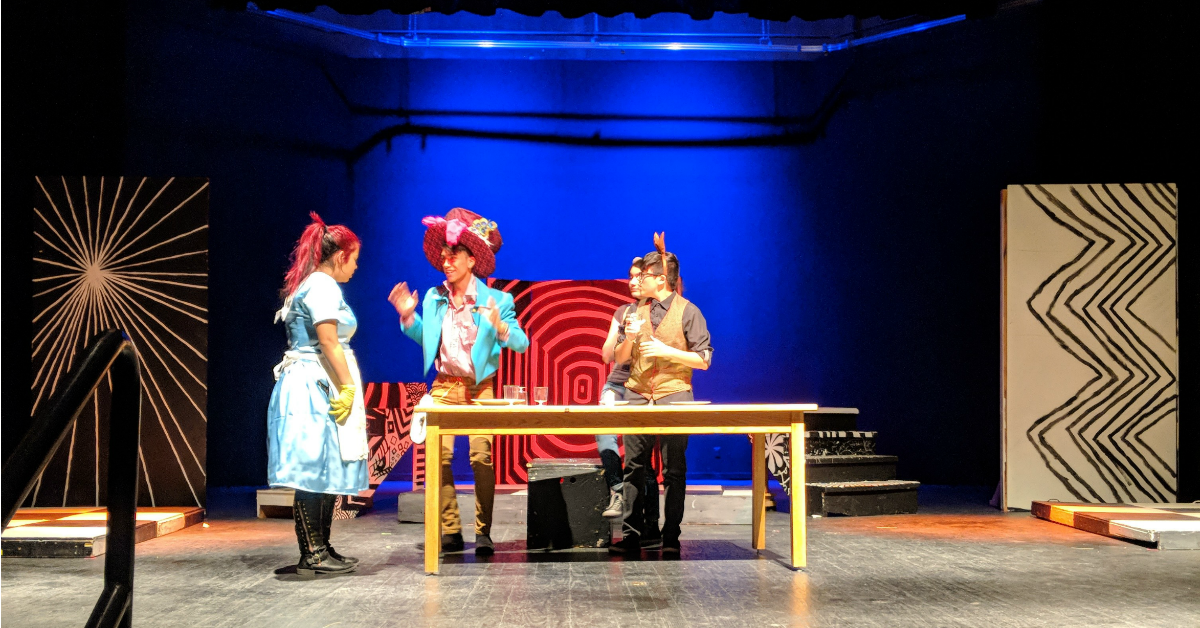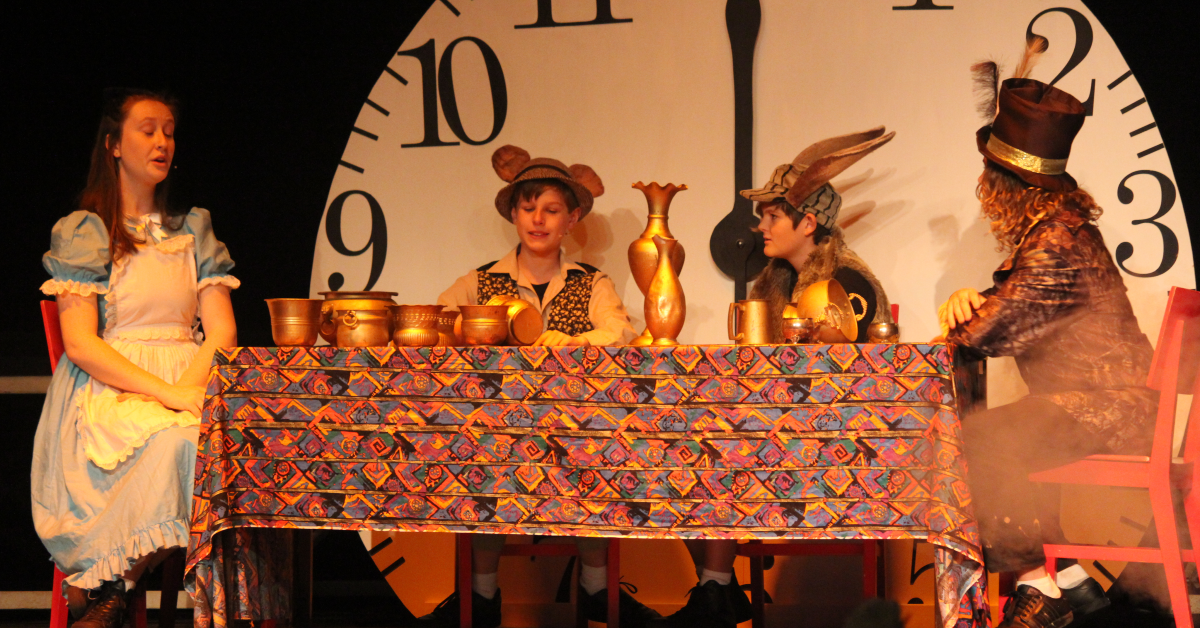To Research or to Not Research?
As an actor, character research is part of your job. Doing research gives you the foundation and background to help make your character believable to an audience. Research helps you understand a character fully in terms of why he/she does the things they do and thinks the way they think.
What should you research for your character? Where do you start?
Start with the script
The script is your ultimate tool for starting the research process. Go through the script page by page and make notes about your character. Circle or underline important information/clues about your character: actions, thoughts, stage directions, and lines (both spoken by your character and spoken about your character by others). Put a star next to ideas you want to explore with your director/teacher, or concepts you don’t understand. Those are things you’ll want to research further.
Start with source materials
If your script is an adaptation or based on a previous work (like a book, film, television show, or comic), find the original source and study it. For example, there are many stage versions of the famous protagonist Alice from the book Alice’s Adventures in Wonderland by Lewis Carroll. Theatrefolk even has one! It would be useful to read the original story, then compare and contrast it with your version. Perhaps your production will be similar to the original, or perhaps your director will have a totally different concept and approach! (For example: Alice doesn’t necessarily have to wear a blue dress and white pinafore.)
Start with previous productions/performances
The internet is your friend. Look at photos and videos of previous productions. If you’re performing a musical, listen to previous cast albums, if they’re available. Read interviews by actors who have previously played the role – what are their thoughts? How did they approach the role? Use caution when looking at previous productions – don’t let someone else’s performance influence your own. It’s great to look for inspiration, but remember that your performance will be different (because it’s YOU performing the role!).
Start with real-life situations
If your show is based on real events, you will definitely want to research those real events. For example, if you are working on a show like The Diary of Anne Frank or The Laramie Project, you will want to learn more about the real people that inspired those productions (i.e. Anne Frank and Matthew Shepard, respectively).
It is also extremely useful to research the time period that your show is set in. Look at historical events, the economy, political leaders and events, and fashions and trends during that time period. How did those events affect what life was like for your character? How does that time period compare to your contemporary life right now? Researching the time period will help you understand why your character might use a kind of slang, refer to a product or person you aren’t familiar with, or dress a certain way. This type of research will help you avoid anachronisms – something that is not in its correct historical or chronological time (like an MP3 player in the 1960s). The most common anachronism I usually hear in productions is actors saying “OK” or “Yeah” when they should be saying “Yes”!
Start with things that directly affect your character
There are many “things” that may be unfamiliar to you which can affect your character. For example:
- Illness or a disability. If you’re working on Rent or The Normal Heart, you’ll want to research HIV/AIDS. If you’re working on The Miracle Worker, research blindness and deafness.
- A talent or skill. In Billy Elliott, the title character is a talented ballet dancer. In Robin Hood, the protagonist is a skilled archer and quarterstaff fighter. You may need to take lessons or classes to learn your character’s skill and perform it proficiently.
- An accent or different language spoken by or to the character. You may need to seek out a dialect coach. You could also watch YouTube videos!
- A different way of moving. For example, you might be playing an animal – how does a gorilla move? A rabbit? A bear? A snake? Watching documentaries or YouTube videos might be helpful.
If you are not familiar with the “thing” that affects your character, doing research will help you to understand it and perform it more accurately.
Kerry Hishon is a director, actor, writer, and stage combatant based in London, Ontario, Canada. Check out her blog at www.kerryhishon.com.



